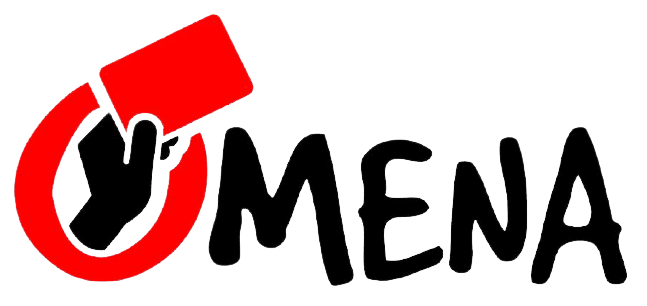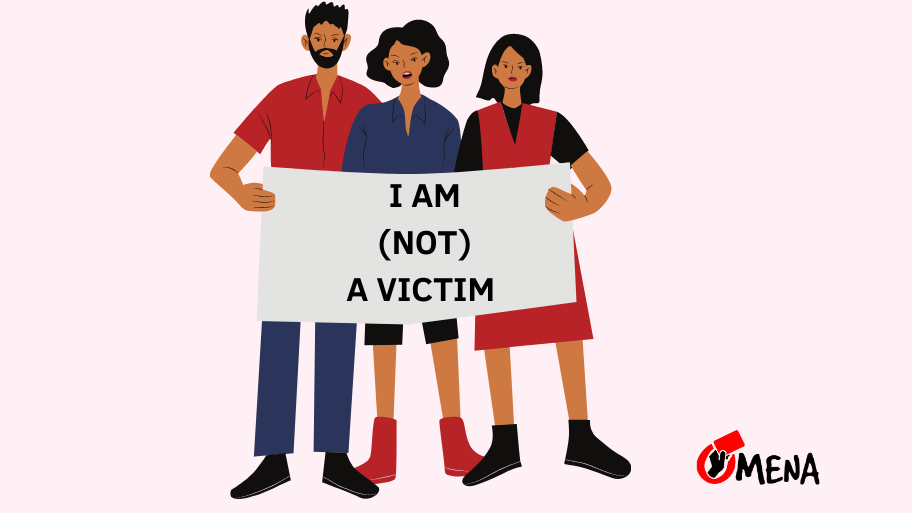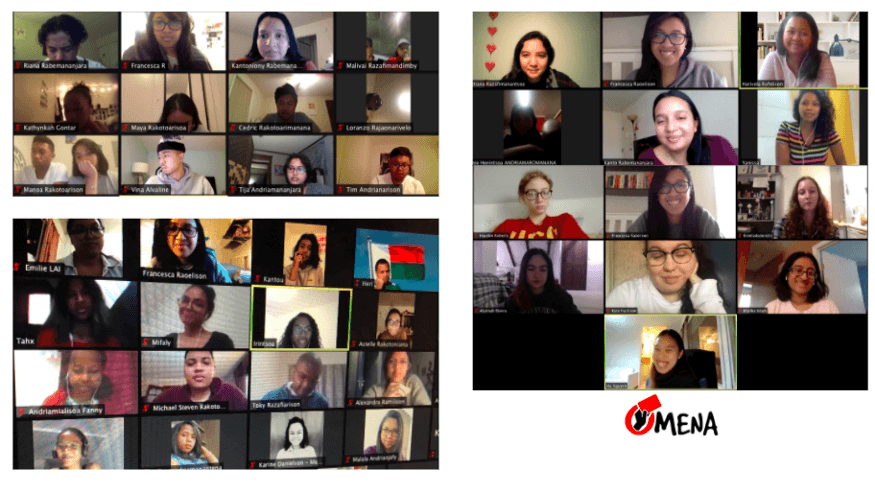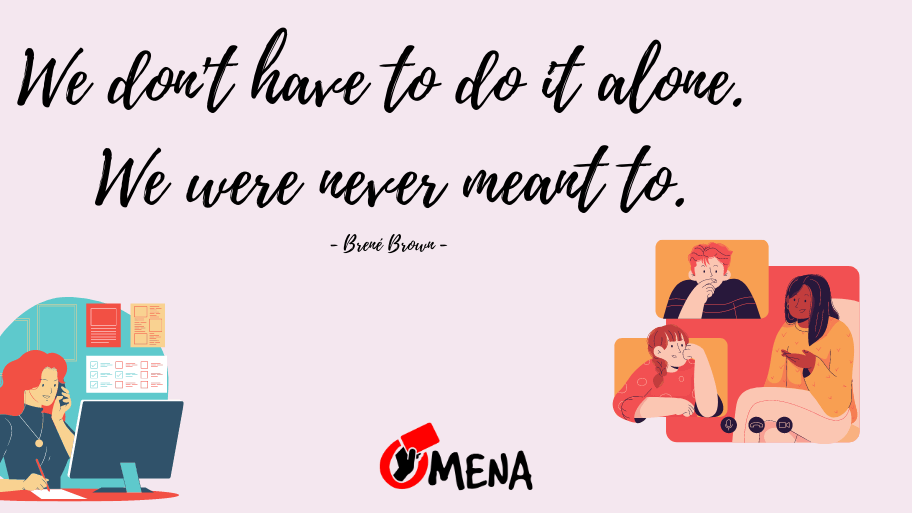“I am a victim”. We’ve taken this statement and twisted it in so many ways that it has lost its meaning.
A victim asks for help, a victim needs help, and in most societies, a victim is the loudest noise after a wrong is done. Seems simple enough, right? Wrong. More often than not, it is hard for a victim to voice the abuse that they endure, and the situation is even worse for children.
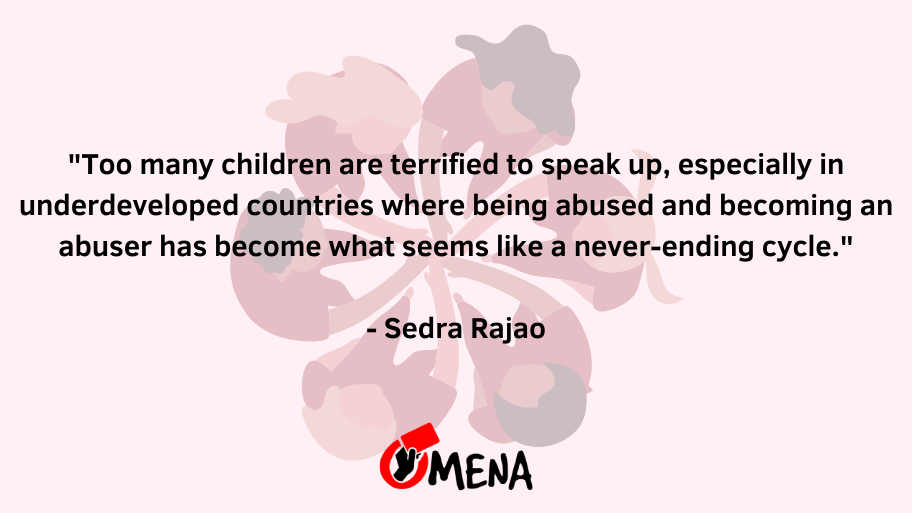
There is a proverb that goes: “It takes a village to raise a child.” This means that many people are involved in providing a safe and healthy environment for a child to grow. In a perfect world, that is what society would look like: every single person working together for a better future. I’d like to propose my own take on that famous proverb: it also takes a village to destroy a child.
This happens in multiple ways, but the most obvious would be abuse. Since abuse is often normalized in communities and families, especially emotional abuse, children often do not have the perspective or vocabulary to identify these behaviors as abusive. Children raised in these environments grow into adulthood thinking that this abusive behavior is normal, despite the damage inflicted upon them by these behaviors which they bring into adulthood. This is what allows cycles of abuse to perpetuate from generation to generation.
In many societies, children are taught to accept abuse from a young age. They are taught to stay silent and take the abuse; the belittling, the intimidation, the name-calling, criticizing, and humiliation. They’re taught good and bad, black and white, beautiful and ugly; that there is nothing outside the lines surrounding these dichotomies. But most importantly, many of them are being taught that they are and always will be on the bad side of those dichotomies, simply because they are children and their opinions and feelings are valued less than that of those older than them.
“I am a victim” became the favorite sentence of the aunts who call their nieces sluts, the uncles who rape those same nieces or nephews. Also, of the parents who laugh at the attempts their children make to communicate how they feel, the teachers who ignore a bullied child because it is just too much work to address the problematic behavior. Too many children are terrified to speak up, especially in underdeveloped countries where being abused and becoming an abuser has become what seems like a never-ending cycle.
Sedra Rajao is a young Malagasy woman entrepreneur currently living in China. Sedra studies International Relations and is an art lover and multi-disciplinary creative who has always enjoyed different forms of expression. Sedra is passionate about Omena’s mission and the work they do combating cycles of abuse in Madagascar and other developing countries.
